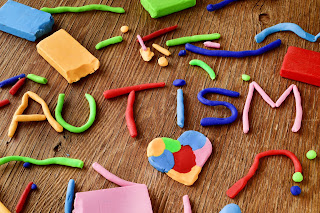Autism spectrum disorder is a chronic childhood development illness that impacts families all over the world. Currently, 1 in 68 children born in the United States will suffer from some form of autism spectrum disorder, and this number will continue to rise until we crack down on the causation of the group of illnesses and determine a path forward for prevention. For parents, teachers, and the medical community, there is a lot that can be done on the ground level in order to raise awareness, generate fundraising, and help move the pendulum towards finding a cure:
Learn More about Autism Spectrum Disorder Really Is
Autism spectrum disorder is a broad classification for a series of conditions and symptoms that fall under the autism umbrella. Therefore, it can be confusing sometimes to understand what that classification means as it's not a singular illness. To get a better idea of what autism spectrum disorder is and how it can affect a children, parents should do as much research possible to understand it. They can also visit speaking engagements, speak with their own medical professional, and attend support groups for parents of children with autism spectrum disorder.
Start a Fundraiser and Advocate
There are a number of fundraising events currently out there for autism spectrum disorder. A simple Google search will turn up many - and an interested party can always speak with autism groups that frequently hold events to learn more about upcoming engagements on the schedule. An event could consist of something as simple as a bake sale or a 5K run. If one can, he or she should try to attend and bring friends. Volunteering is always a good option as well. If one gets the advocacy bug, one can always start their own event to fundraise and create awareness of the cause. Look for groups that are doing their part to try and find a cure. The Dwoskin Family Foundation, for example, has funded many different efforts to conduct medical research on causation and prevention to eventually reduce the prevalence of autism spectrum disorder.
